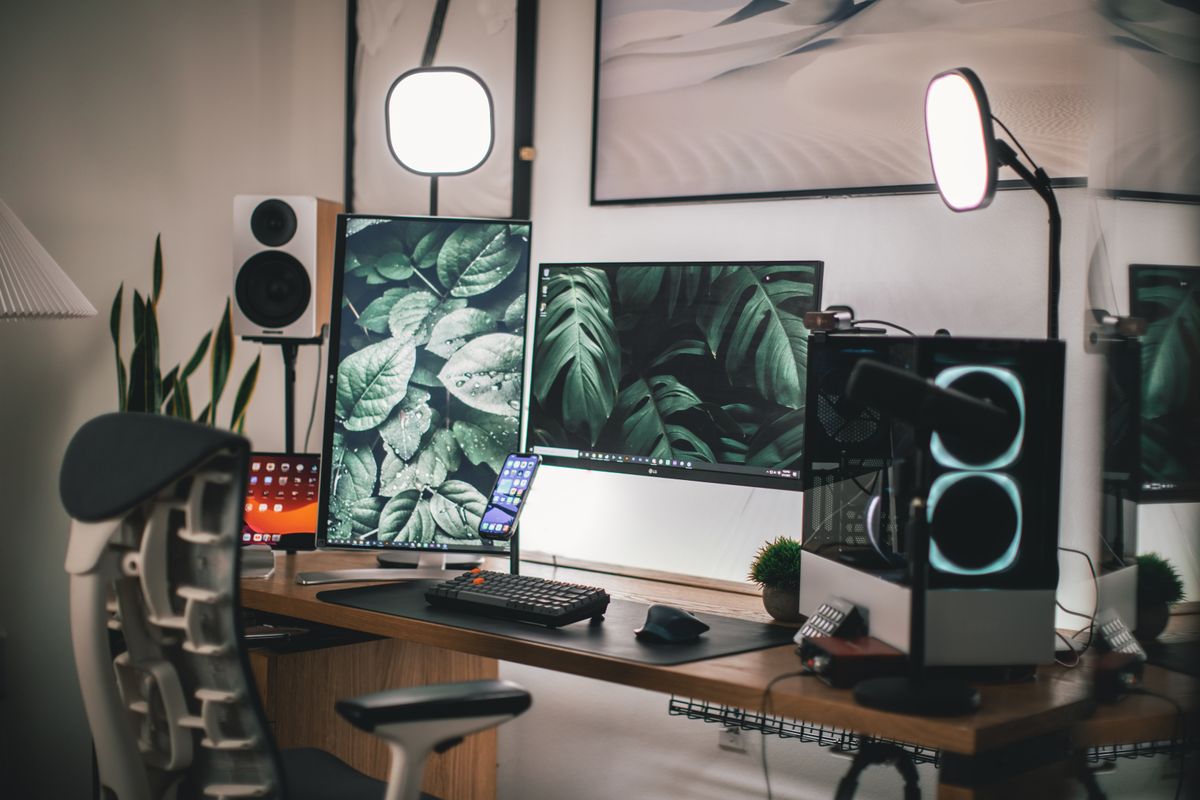Should we turn our hobbies into side hustles?
A hobby needs to be something you do for personal enrichment and desire, something that’s about the activity itself and not necessarily for other people.

A few minutes every morning is all you need.
Stay up to date on the world's Headlines and Human Stories. It's fun, it's factual, it's fluff-free.
Work-life balance has become a little harder to define these days, with many of us working from home (at least sometimes) and with modern technology making it easier to bring work home.
But that doesn’t mean our lives should become our work.
Over the past few years, the idea of a “side hustle” has gained a lot of speed. And it’s no wonder – people want to figure out how to maximize the amount of cash they can bring in on top of their regular jobs. According to research by Lending Tree, 44% of people have a side hustle. That’s a 13% increase compared to 2020.
And why not create a side hustle out of something you already enjoy doing or are already good at? That’s where the idea of turning your hobby into a side hustle comes into play.
"Traditionally, the hobby category is defined by what it's not," Erik Baker, a historian, author, and Harvard lecturer, told Insider. "The category means something done for fun, that's very much not work."
A hobby needs to be something you do for personal enrichment and desire, something that’s about the activity itself and not necessarily for other people. When it comes down to it, a hobby is supposed to be fun. So what happens when your hobby becomes work or a duty? Well, suddenly, it’s not really a hobby anymore.
“As soon as something is commodified, we can view it in more transactional terms,” says Australian Psychological Society president Tamara Cavenett. This process can “erode the strong and positive emotional attachment we had previously. It really changes the ‘why’ that underlies the hobby, and can mean it now incorporates deadlines, production and need to service customer wishes, rather than creativity or fun.”
Plus, having hobbies is in and of itself beneficial to our lives. Doing activities just for you during your personal time, especially creative ones, is good for your mental health. According to a study in The British Journal of Clinical Psychology, having fun doing creative things – like making art, journaling, cooking and learning new skills – contributes to your mental well-being. Plus, doing these kinds of activities also promotes positive emotions, according to research from The University of Otago.
"Some of our key 'feel good' hormones and neurotransmitters can be stimulated through passion projects," notes Audrey Tang, a psychologist and author. Even just doing something relaxing is good for your health, with one study in the Journal of Personality and Social Psychology showing that well-being increases as people take up leisure activities.




Comments ()